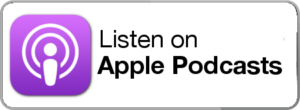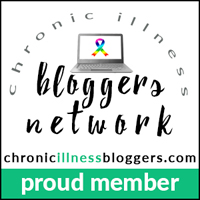What do you do as a patient with a progressive health condition that renders you unable to do certain tasks? Do you ask for assistance or find a work-around to accommodate for that situation? Once you ask for help, how does your relationship with your helper change?

Learned Helplessness is, according to Wikipedia, “a condition in which a person suffers from a sense of powerlessness, arising from a traumatic event or persistent failure to succeed. It is thought to be one of the underlying causes of depression.”
Psychologist Martin Seligman coined the term, learned helplessness, in early research he did with animals, and eventually humans. This New Yorker article, “Trying to Cure Depression, but Inspiring Torture,” briefly describes different applications of the research.
In this podcast episode, Mike Hamlin, a man with myotonic dystrophy, sets the tone with a friendly rant. Melissa Dixon, Ph.D., a researcher and professor (Psychiatry and Behavioral Health and Pediatric Neurology) at the University of Utah, discusses learned helplessness with children and adults and how it impacts relationships and suggests empathetic communication styles.





Leslie I lead an Acquired Disability Support Group and I thoroughly enjoyed discussing this tonight. I have a Psychology B. A., and am familiar with “learned helplessness”, but I had not considered the disability implications previously. Thank you.
Hi Roma, Thanks so much for digging into it. Was it an issue that many in your group could relate to? Wish I could have been a fly on the wall to hear the conversation. Take care, Leslie